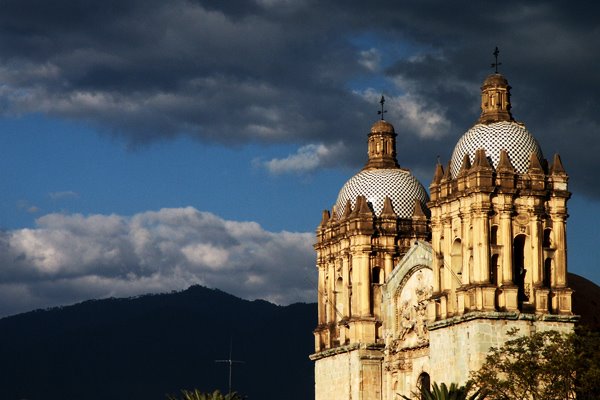Sounds great, huh? Well, maybe not.
Full story from The Christian Science Monitor
What emerged that day was a complex story without obvious heroes or villains, but rather the natural result that comes from an industry that requires wide land tracks, and poor communities that control that very land. The wind companies are in a tough spot because the land they want is owned by dozens or even hundreds of communal farmers (unlike, say, in Texas where one or two ranchers might own all the property) with limited schooling. Meanwhile, many farmers sign contracts they don’t understand and can lose access to their livelihood.
Cruz says that the companies have come in and pushed contracts on poorly-educated farmers, paying as little as a fifth as much as they would in the US, and a seventh as much as to the Mexican government. For the past few years she has been protesting the wind farms and demanding new contracts.
...
The activists' reasoning was that the contracts had not been signed with the full free and informed consent demanded by a number of national and international laws when dealing with indigenous communities.


No comments:
Post a Comment